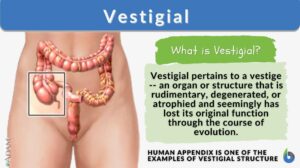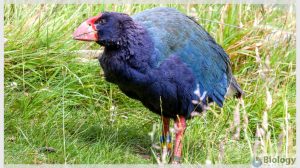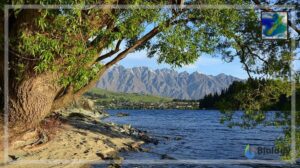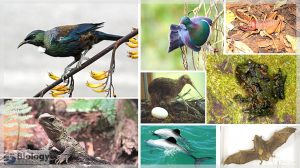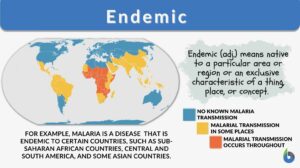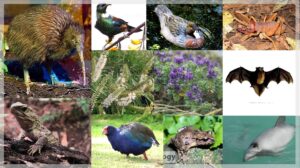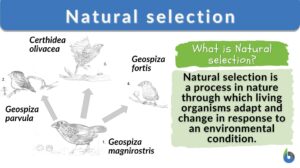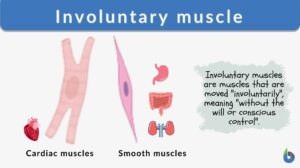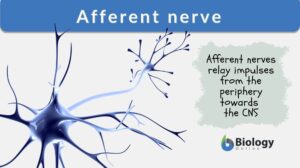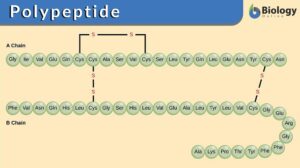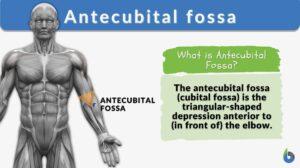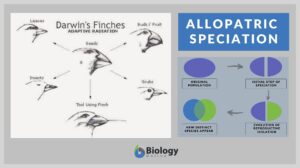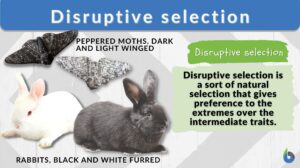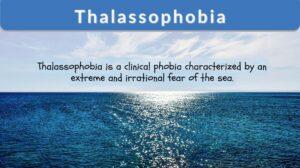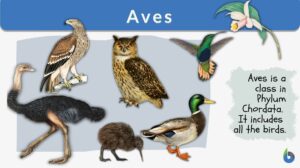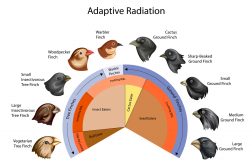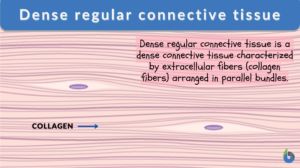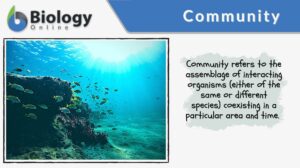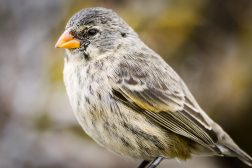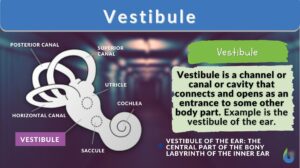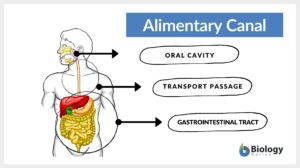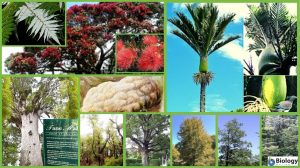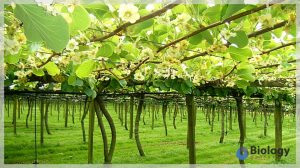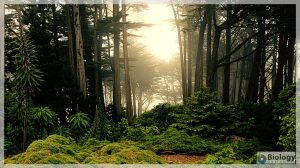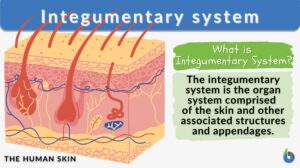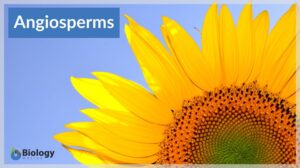Search Results for: island
Takahē (Porphyrio hochstetteri)
By: Maria Victoria Gonzaga Previously, we've seen the different animals endemic to New Zealand. Due to the... Read More
New Zealand’s Unique Geographical History
Written by: Maria Victoria Gonzaga Peer-reviewed by: Cathy Buntting, Ph.D. and Andrea Soanes New Zealand is... Read More
New Zealand’s Unique Fauna
By: Maria Victoria Gonzaga In the previous lesson, we learned about the high biodiversity of New Zealand and how... Read More
New Zealand’s Biodiversity
Written by: Maria Victoria Gonzaga Peer-reviewed by: Cathy Buntting, Ph.D. and Andrea Soanes Why is New... Read More
Natural selection
Natural Selection Definition What is natural selection in biology? Natural selection is defined as a process in nature... Read More
Diversification
An organism in the mainland experiences two competitions namely inter and intraspecific. Hence due to the pressure on the... Read More
Involuntary muscle
A muscle act typically either under the control of the will or without conscious control. Muscles that can be controlled at... Read More
Sphenodon guntheri
Definition The tuatara species of the genus Sphenodon that inhabits one small island of New Zealand, i.e. Brothers... Read More
Afferent Nerve
Afferent Nerve Definition The word ‘aferent’ means "steering or conducting something towards a destination". The... Read More
SENI Biometric Analysis on the extinct Scincidae species: Macroscincus coctei (underlined)
Brian L. Schnirel Leeway Corucia Research Center (LCRC) Courtesy: Polyphemos (2004) Introduction: It has been... Read More
Polypeptide
Polypeptide Definition Biology What are polypeptides? A polypeptide is defined as a polymer of amino acids joined together... Read More
Antecubital fossa
Antecubital Fossa Definition The antecubital fossa or the cubital fossa is the triangular-shaped hollow depression between... Read More
Allopatric speciation
We can define speciation as a process by which the novel genetically independent group of organisms are formed through the... Read More
Disruptive Selection
An evolutionary process known as disruptive selection (or disruptive natural selection) causes a population to become... Read More
Thalassophobia
Among many psychological and psychiatric disorders, one is the fear of the ocean and the fear of deep water, which in... Read More
Adaptive Radiation
Reviewed by: Mary Anne Clark, Ph.D. When Charles Darwin was in the Galapagos Islands, one of the first things he... Read More
Dense regular connective tissue
The dense connective tissue is a type of connective tissue proper that consists predominantly of fibers, especially type I... Read More
Demographic transition
The demographic transition model is a theoretical framework that explains the historical shift in population dynamics as a... Read More
Community (biology)
Community, in biology, refers to the assemblage of interacting organisms (either of the same or different species)... Read More
Darwin and Natural Selection
Reviewed by: Mary Anne Clark, Ph.D. In the 19th century, a man called Charles Darwin, a biologist from England,... Read More
Alimentary canal
Definition of Alimentary canal What is the alimentary canal? The alimentary canal is a muscular hollow continuous tubular... Read More
Antarctic realm
Definition noun A biogeographic realm that covers the Antarctica Supplement Biogeographic realms are large spatial regions... Read More
New Zealand’s Unique Flora
By: Maria Victoria Gonzaga In the previous lesson, we've come to know some of the most fascinating endemic... Read More
Biosecurity and Biocontrol
By: Maria Victoria Gonzaga In the previous lesson, we learned about the importance of modern science... Read More
Population Growth and Survivorship
By: Maria Victoria Gonzaga Previously, we learned about biodiversity and endemism. Now, let's look at the... Read More
Community Patterns
By: Maria Victoria Gonzaga In the previous lesson, we learned what a population is, its attributes, and processes... Read More
Theophrastus
Theophrastus (Science: person) theophrastus was born in Lesbos (island of lesbians) and is often called the father of... Read More
Integumentary system
Integumentary System Definition The integumentary system is the outermost layer of the body. The animal body, in... Read More
Catabolism
Catabolism Definition Catabolism is the branch of the metabolic process that breaks down complex, big molecules into... Read More
Angiosperm
Angiosperms Definition What is an angiosperm? An angiosperm is a plant that produces flowers. The angiosperms, also... Read More
